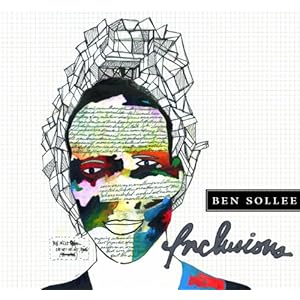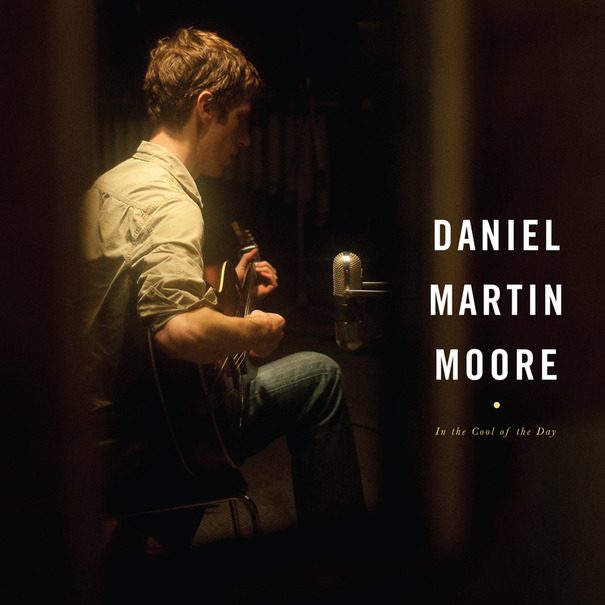Kentucky Rising: Three Artists Remake Their Roots
Kentucky artists Matt Bauer, Ben Sollee, and Daniel Martin Moore talk about their heritage:
Nestled into a circular booth in Seattle’s 100-year-old, local-favorite bar Hattie’s Hat, we’re getting ready to order the chicken-fried chicken, a dish so delicious that it occasioned a wistful chain of emails between me and Kentucky indie songwriter Matt Bauer. Matt’s here in Ballard, Seattle’s old Scandinavian working class neighborhood, to play the Tractor Tavern, and we’re eating dinner with the band and chatting about his new album, The Jessamine County Book of Living. We’re in the heart of Seattle’s hipster Americana movement, and the whole area is full of half-remembered history and urban yearnings for rural life. By the time the chicken-fried chicken arrives (worth every email), we’ve settled into a comfortable conversation about childhood roots, about the things we experience as kids that burn a place into our minds. This isn’t idle talk; this is an attempt to understand Matt’s dark, almost terrifying new album and how his childhood in Kentucky influenced the imagery of his songs. Matt grew up in Eastern Kentucky, but his parents were both from New York and he currently lives in Brooklyn. His accent is ever so slight and only noticeable when he starts talking about his Kentucky home. Bauer’s the perfect example of today’s urban roots music, at once informed by a hazy, almost mythical rural connection, but also by cities full of new influences, new ideas and new sounds.
Matt Bauer: Useless Is Your Armor
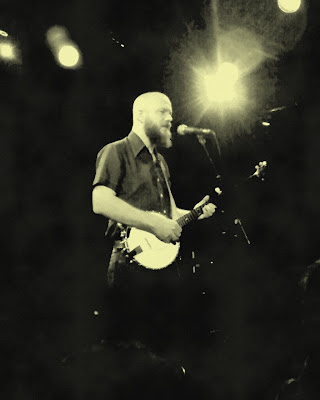
Blacklight Horses by Matt Bauer from matt bauer on Vimeo.

Mountaintop Removal Mining in Kentucky

Following the success of Dear Companion, Moore and Sollee have returned to their respective Kentucky homes and released two deeply personal solo albums in 2011. It may seem like a retreat from the political nature of their first collaboration together, but Sollee sees it as a more connected process. “All the social issues in these songs have 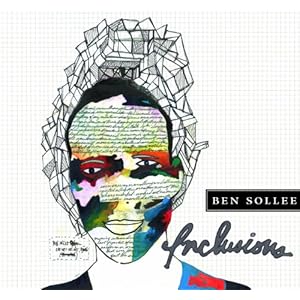
Ben Sollee: Electrified
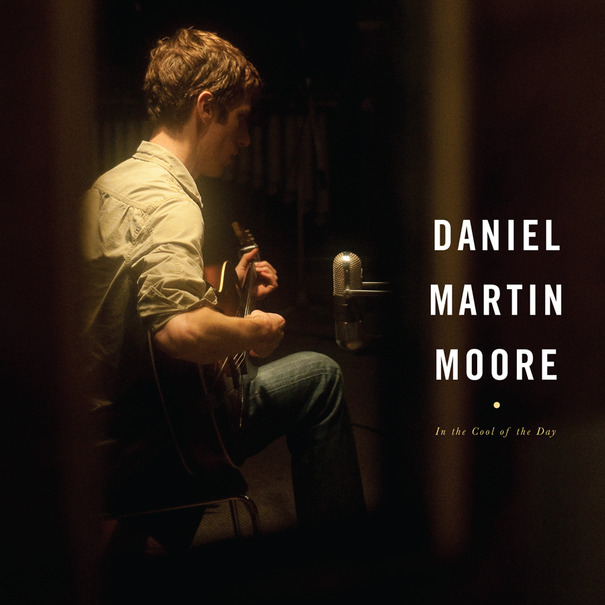
Daniel Martin Moore: In the Cool of the Day
Bauer, Sollee and Moore are just three examples of artists who’ve been able to translate their Southern roots into a new brand of urban folk. It’s a talent shared by their peers in Kentucky, like Bonnie ‘Prince’ Billy, Jim James, and Cheyenne Marie Mize, and it’s a hallmark of this new community of rootsters. “There’s a strong community of musicians that have grown up with all these traditions, kind of floating around them, fiddle music and all this stuff. But we’re also, some of us, trained classical musicians and some of us grew up listening to a ton of indie-rock and hip hop and soul music… It’s a crossroads, physically and culturally in Kentucky. It always has been and will remain so.” Sollee couldn’t be more right; Kentucky’s always been a place where the roots of the music have informed any new adventures. From Bill Monroe’s bluegrass to Merle Travis’ innovative guitar picking, to Loretta Lynn’s progressive rural ballads even to Nappy Roots Southern drawl hip-hop, Kentucky has historically been a musical crossroads, a hotbed of innovation. And today’s community of roots-minded urban folkies have taken this legacy to hand.
Purchase the Music in this Article
Matt Bauer. The Jessamine County Book of the Living.
2011. Crossbill Records.
Ben Sollee. Inclusions.
2011. Thirty Tigers.
Daniel Martin Moore.In the Cool of the Day
2011. Sub Pop Records
Daniel Martin Moore & Ben Sollee. Dear Companion.
2010. Sub Pop Records.
This post originally appeared on the Hearth Music Blog. Check out our website and roam through our blog and Online Listening Lounge to discover your next favorite artist! We’re dedicated to presenting today’s best Roots/Americana/World musicians.



